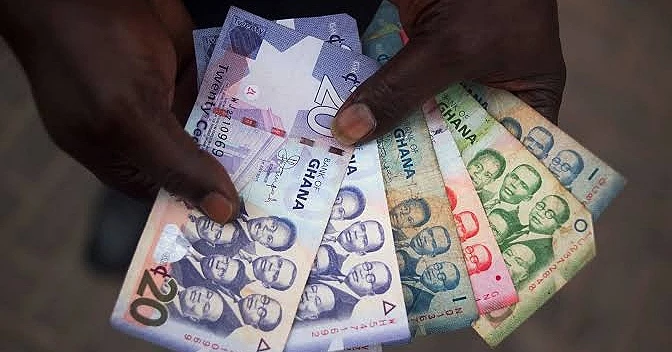Traders Cautious in Reducing Prices Despite Cedi Gains
President of the Ghana Union of Traders’ Associations (GUTA), Dr Joseph Obeng, says traders remain hesitant in reducing prices of goods despite the recent marginal appreciation of the Ghana cedi against major trading currencies due to a lack of trust in the sustainability of the currency’s gains.
Speaking on PM Express on Monday, May 12, Dr Obeng disclosed that traders are adopting a wait-and-see approach as past episodes of temporary appreciation have often been followed by sharp depreciations, leading to significant business losses.
“When the cedi appreciates, they see the gain, and it’s not sustained,” he said. “That’s why people are asking me, especially when I made the call to reduce prices, ‘Are you sure this is going to last? Are you not rushing?’”
Dr Obeng’s comments come on the back of a recent appeal by GUTA urging the trading community to reflect the local currency’s recent appreciation in the pricing of goods. However, the GUTA president admitted that the trading community is not yet convinced that the cedi’s gains can be maintained.
“It’s very important for us to think about how to maintain this gain. This gain will come to nothing if we are not able to sustain it,” he noted.
He emphasised the need for long-term measures that ensure predictability and stability of the exchange rate, urging authorities to implement policies that will sustain the gains made so far.
“We have to talk about predictability and sustainability. That’s what we should be focusing on now,” he added.
In response to questions about why market prices remain unchanged, Dr Obeng explained that the posture of traders is not out of non-cooperation but a cautious response to historical trends.
“It’s because of what has happened in the past. The traders are simply not ready yet. They are watching to see if this is real,” he stated.
He was, however, quick to add that traders would be ready to reflect price changes if government and the Bank of Ghana put in place prudent and lasting measures to stabilise the exchange rate.
“Whatever thing we have to do if government puts prudent mechanisms in place, if the Bank of Ghana continues the stringent forex controls—then we can talk about maintaining it,” he said.
Linking exchange rate stability to broader macroeconomic recovery, Dr Obeng noted that a stable cedi would contribute to lowering inflation and interest rates, ultimately boosting the business environment.
“This is what is going to push the other indicators that make businesses thrive,” he observed.
He further described the current phase of relative currency stability as a “window of opportunity” that must be harnessed to improve productivity and competitiveness in the local economy.
“If you can use the stability of the currency to enhance productivity, that will make us competitive. Then, of course, we are on the threshold to recovery,” he stated.








